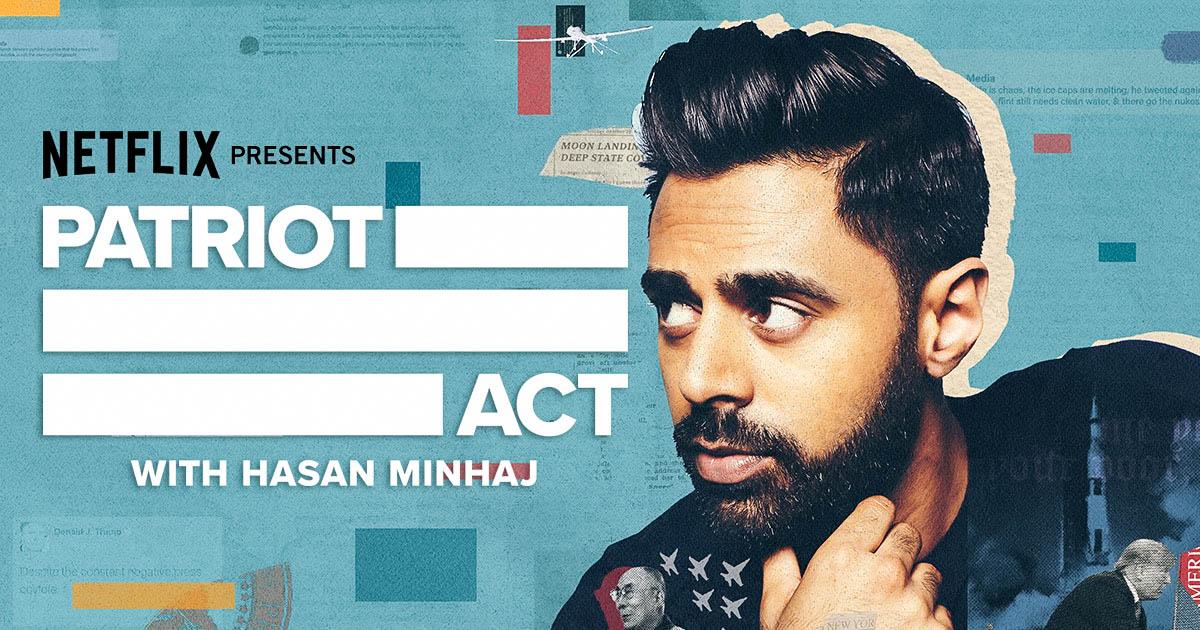Netflix has helped create a new boom in stand-up comedy with the release of their original specials.
In 2018, Netflix released nearly 60 stand-up specials from a variety of comedians around the world. Of the specials released, about 20 were in a different language entirely, ranging from Spanish to Korean. This massive endeavor from Netflix isn’t anything new, with their first stand-up special released back in 2012 by Bill Burr. Since then, Netflix has become a powerhouse in the stand-up industry, with more specials than any other streaming service or platform.
Prior to Netflix, comedians’ main form of exposure would be their comedy albums, purchasable specials and interviews to help sell their albums and specials. In the 1970s through 80s, the comedy album was a very popular form of entertainment, but as TV became an increasingly dominant medium, comedians had a tough time balancing between having people attend their shows and having their shows for sale. With Netflix, comedians are able to present a special that is cheap for the consumer as well as incredibly profitable for the comedians. In January, Jerry Seinfeld signed a deal with the streaming service for an estimated $100 million.
Because Netflix has become so popular for stand-up, there seems to be a formulaic cycle comedians use to help maximize exposure. Usually, new comedians will put out a special toward the end of their stand-up tour, the special gains traction with audiences, who then buy tickets to their next tour, and then a new special is released toward the end of that tour and the cycle continues and expands. To see a recent example of this cycle, look at Ali Wong and her successful stand-up special, “Baby Cobra,” which led to her having an incredibly popular follow up tour with “Hard Knock Wife.”
This cycle of exposure is dependent on Netflix’s ability to choose great talent. Naturally, there are some disparities in terms of quality and production, but on the whole, the comedians Netflix chooses tend to gain esteem outside of their stand-up career. For example, Bill Burr now has an animated comedy show on Netflix, and Hasan Minhaj has a talk show. These careers are dependent on Netflix, and other streaming services are following suit with their own original specials to compete.
The biggest advantage of Netflix is being able to comfortably binge shows, and now stand-up specials are a part of that culture. Consumers have easy access to a wide variety of comedians as well as the ability to binge multiple specials, allowing consumers to become well versed in their own comedic preference and dive deeper into the world of comedy. The stand-up industry has changed for the better due to Netflix, allowing consumers easy access to explore comedians as well as allowing comedians to gain exposure, helping comics around the world build successful careers from their talent.
Navid Nathani is an MIS sophomore and Life & Arts writer for The Battalion.
Netflix has changed the stand-up industry
January 28, 2019
Photo by Creative Commons
Patriot Act with Hasan Minhaj is one of the many comedy shows now on Netflix.
0
Donate to The Battalion
$1865
$5000
Contributed
Our Goal
Your donation will support the student journalists of Texas A&M University - College Station. Your contribution will allow us to purchase equipment and cover our annual website hosting costs, in addition to paying freelance staffers for their work, travel costs for coverage and more!










